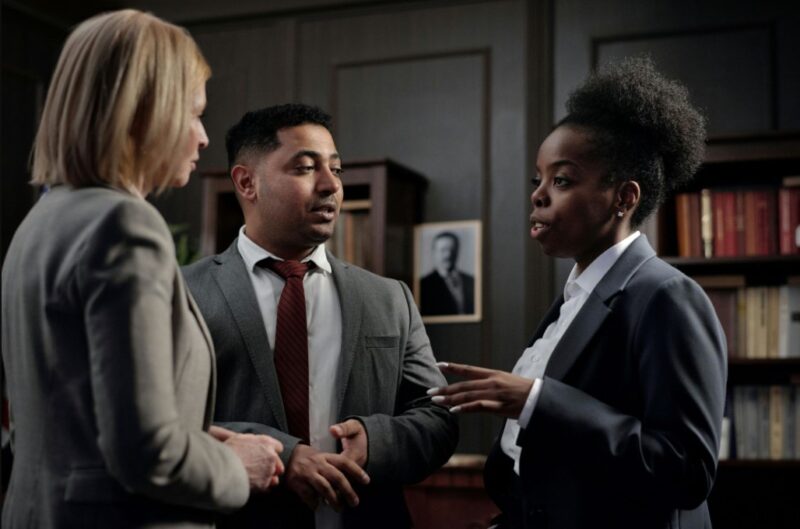Effective communication is the bedrock upon which successful lawyer-client relationships are built. Yet, navigating the intricate landscape of legal jargon and the emotional undercurrents of a client’s situation can often present substantial challenges. Lawyers, immersed in the complexities of law, may inadvertently overlook the importance of clear and empathetic dialogue with their clients. How can they bridge this gap?
By prioritizing active listening, embracing transparency, and adopting a more personalized approach, legal professionals can transform their communication strategies. This not only enhances client confidence but also fosters trust and understanding—elements crucial to effective legal representation.
As we delve deeper into this vital topic, we will explore practical strategies and insights that can empower lawyers to communicate better and truly connect with those they serve.
The Importance of Client Communication in Law
In the legal profession, effective client communication is not merely an operational necessity; it is a cornerstone of building trust and fostering long-term relationships. Lawyers navigate a labyrinth of complex legal jargon and nuanced procedures, and their ability to distill this information into understandable terms can significantly impact client satisfaction and outcomes.
Imagine a client, anxious and overwhelmed, seeking clarity on a daunting legal issue; here, the lawyer’s role transcends mere legal representation; it becomes one of education and reassurance. When clients feel heard, understood, and engaged in their own cases, they’re more likely to cooperate and invest in the process. Conversely, poor communication can lead to confusion, dissatisfaction, and ultimately, a breakdown of the attorney-client relationship.
This article delves into practical strategies lawyers can adopt to enhance their communicative effectiveness, ensuring that their clients not only feel informed but empowered throughout their legal journeys.

Understanding Client Needs and Expectations
Understanding client needs and expectations is a cornerstone of effective legal communication. Each client brings unique circumstances, emotions, and objectives to the attorney-client relationship.
A lawyer must delve beyond the mere facts of a case; they should engage in active listening, asking thoughtful questions that elicit deeper insights into the clients priorities. Are they seeking aggressive representation or a more conciliatory approach? Do they prioritize speed over thoroughness, or is the cost a paramount concern?
By taking the time to grasp these nuances, lawyers not only build trust but also enhance the overall client experience. This understanding paves the way for tailored legal strategies that resonate with client values, creating a partnership that feels both reassuring and empowering. In short, effective communication begins with a profound awareness of what clients truly seek.
Active Listening ─ The Key to Effective Communication
Active listening is more than just hearing; it’s about fostering an environment where clients feel valued and understood. When lawyers engage in active listening, they not only absorb the information being shared but also signal empathy and attentiveness.
This dynamic involves asking open-ended questions, paraphrasing what clients express, and even reading between the lines for unspoken concerns.
Imagine a client walking into your office, visibly anxious about a legal matter. By giving them your undivided attention, maintaining eye contact, and providing thoughtful responses, you create a trust-filled space where they can openly share their fears and hopes.
This practice not only clarifies complex legal issues but also enriches the lawyer-client relationship, transforming a transactional interaction into a collaborative partnership, ultimately leading to better outcomes for both parties.

Conclusion
In conclusion, effective communication between lawyers and their clients is essential for fostering trust, ensuring clarity, and enhancing overall satisfaction with legal services. By actively listening, simplifying legal jargon, and maintaining regular updates, attorneys can bridge the gap that often exists in the lawyer-client relationship.
Law firms like Pogust Goodhead exemplify the importance of prioritizing client communication, demonstrating that a client-centered approach not only improves legal outcomes but also cultivates long-lasting partnerships. As the legal landscape continues to evolve, embracing these communication strategies will empower lawyers to better serve their clients and navigate the complexities of legal matters with confidence and empathy.


